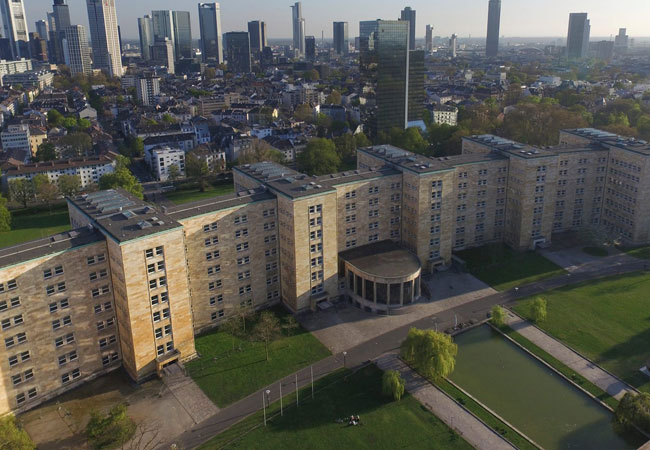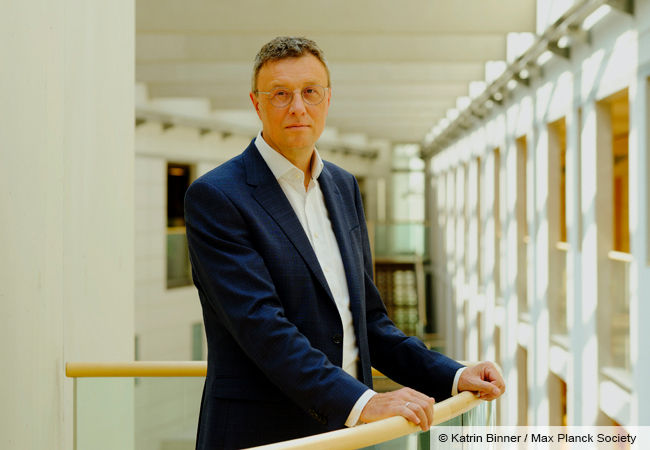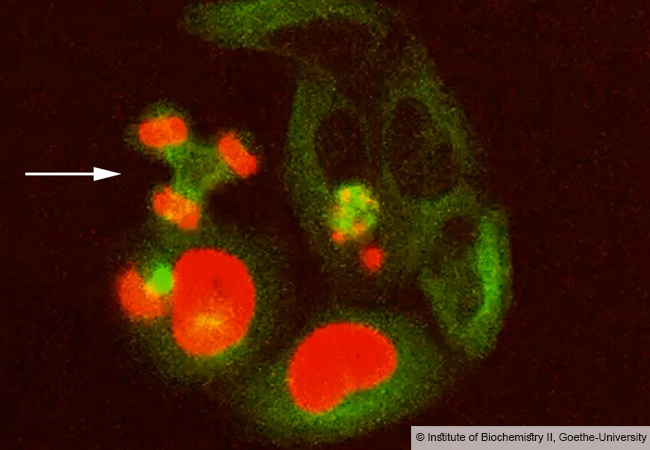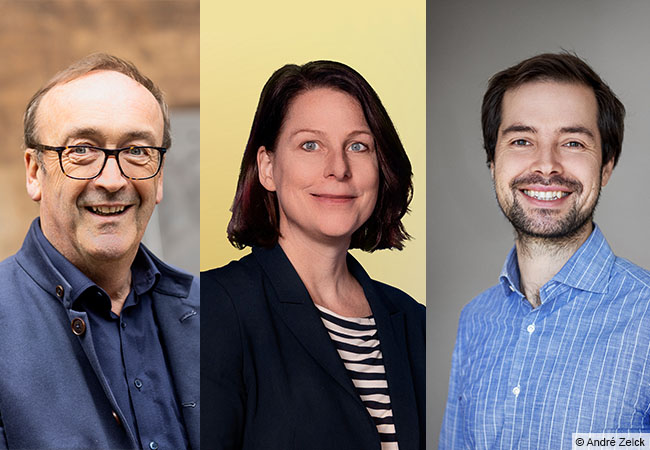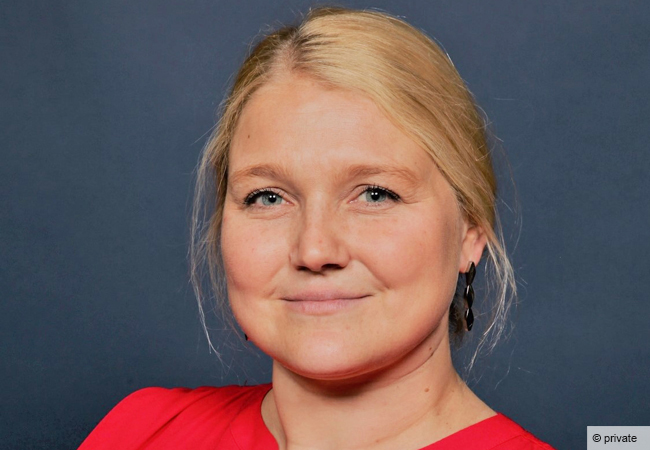Study proves effectiveness of new psychotherapy / publication in JAMA Psychiatry
FRANKFURT. There have not been many scientifically evaluated therapies for teens and young adults who have suffered physical or sexual abuse until now. Psychologists at Goethe University have closed the gap by developing a psychotherapeutic approach designed specifically for this age group. Its effectiveness has now been proved in a nationwide study lasting four years.
About four to 16 percent of children in Western countries experience physical abuse; the percentage that experiences sexual abuse is between five and ten percent. Victims suffer from constraints in many areas of their lives as a consequence, and are at increased risk for mental illness as well, especially post-traumatic stress disorder. This is associated with stressful symptoms such as flashbacks, anxiety, sleep disorders and irritability. Things and situations that recall the traumatic events are often avoided. However, early treatment can help prevent long-term consequences.
The team led by Dr Regina Steil, Senior Academic Council at the Institute of Psychology at Goethe University, developed a developmentally adapted cognitive processing therapy specializing on the situations and needs of teens and young adults between the ages of 14 and 21. It consists of 30 to 26 sessions over four to five months and is subdivided into four treatment phases. After a period of getting to know the therapist, the teens first learn to regulate their emotions and apply strategies for dealing with stress. Only after this do they begin to process their thoughts and feelings about the sexual or physical abuse and gradually regain a sense of security and control.
A study funded by the German Federal Ministry of Education and Research has now demonstrated that this new form of psychotherapy effectively reduces psychological stress. The study was led by Professor Rita Rosner, Chair for Clinical and Biological Psychology at the Catholic University Eichstätt, and encompassed treatment locations in Berlin (Babette Renneberg), Frankfurt (Regina Steil) and Ingolstadt (Rita Rosner). First results were published in the American Medical Association’s “JAMA Psychiatry”, which is one of the most renowned scientific psychiatric journals worldwide.
In the study, the young patients were randomly assigned either to the new psychotherapy or to a treatment that is usual in Germany. The control group was given the option to be treated according to the new therapy once the study was completed. Toward the end of the therapy, or waiting period, the groups were compared with regard to psychological stress. The group that received the new therapy demonstrated significantly fewer symptoms of post-traumatic stress disorder than the control group. Symptoms of other mental disorders, such as depression or borderline personality disorder, were also improved to a greater degree in this group. These differences were still evident three months after therapy conclusion. “The successful clinical trial of this new treatment represents an important step toward improving the treatment situation of traumatized youth and teens,” summarises Dr Regina Steil.
Publication:
Rosner R, Rimane E, Frick U, et al. Effect of developmentally adapted cognitive processing therapy for youth with symptoms of posttraumatic stress disorder after childhood sexual and physical abuse: a randomized clinical trial. JAMA Psychiatry. Published online April 10, 2019. doi:10.1001/jamapsychiatry.2018.4349
Further Information: Dr Regina Steil, Institute for Psychology, Faculty 5, Bockenheim Campus, Phone.: +49 69 798-23379, steil@psych.uni-frankfurt.de
Source: Press release from 20 May 2019



